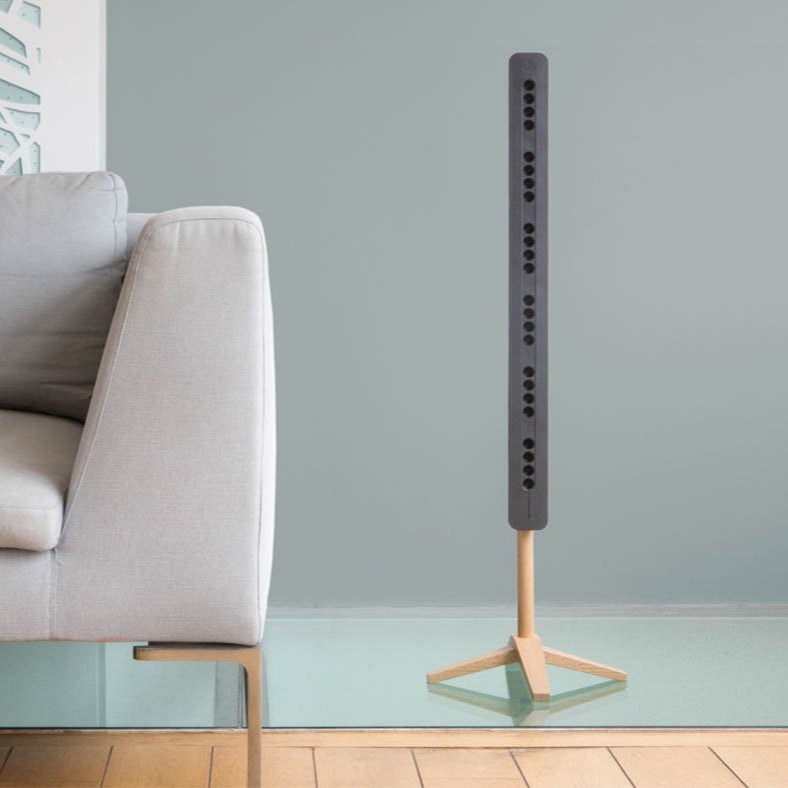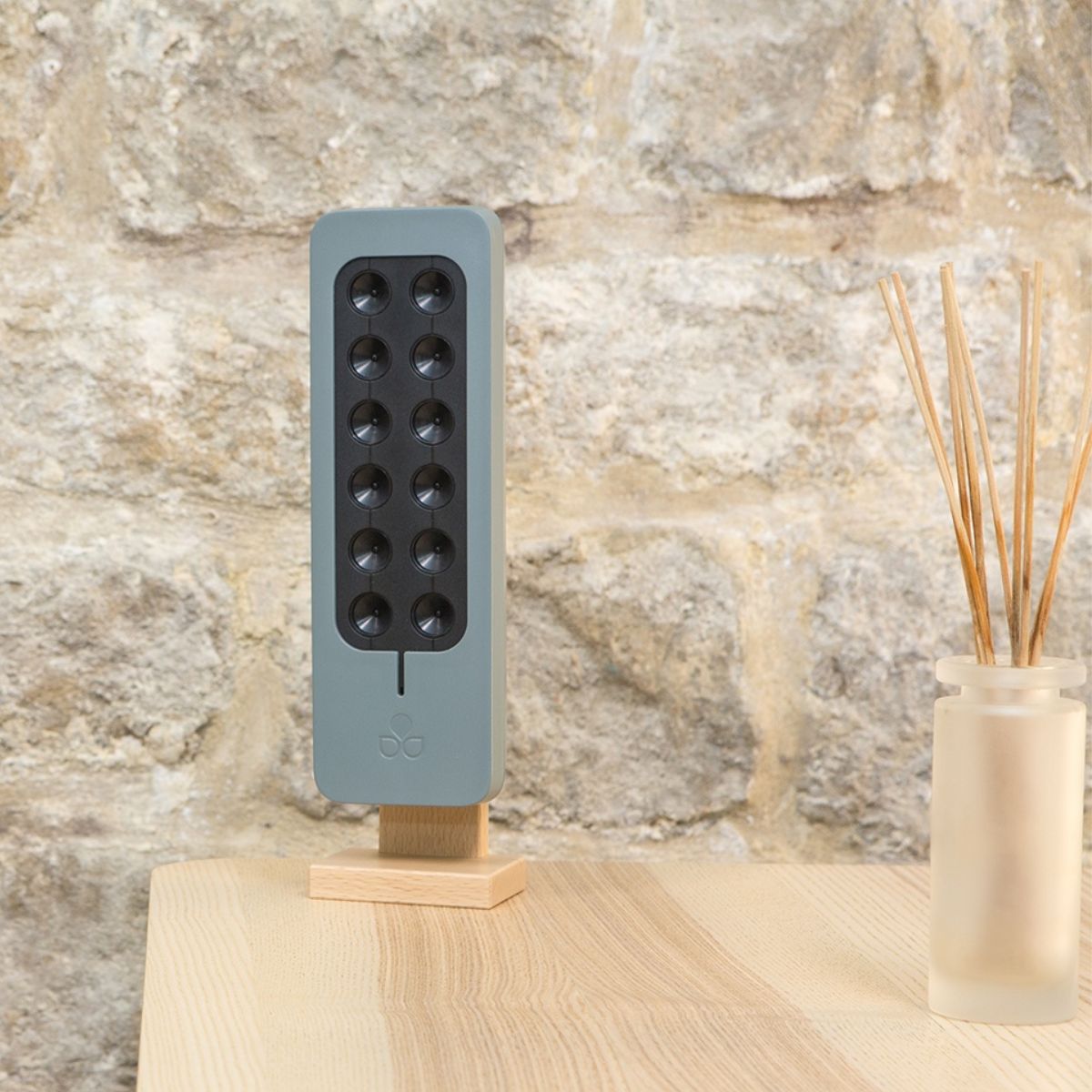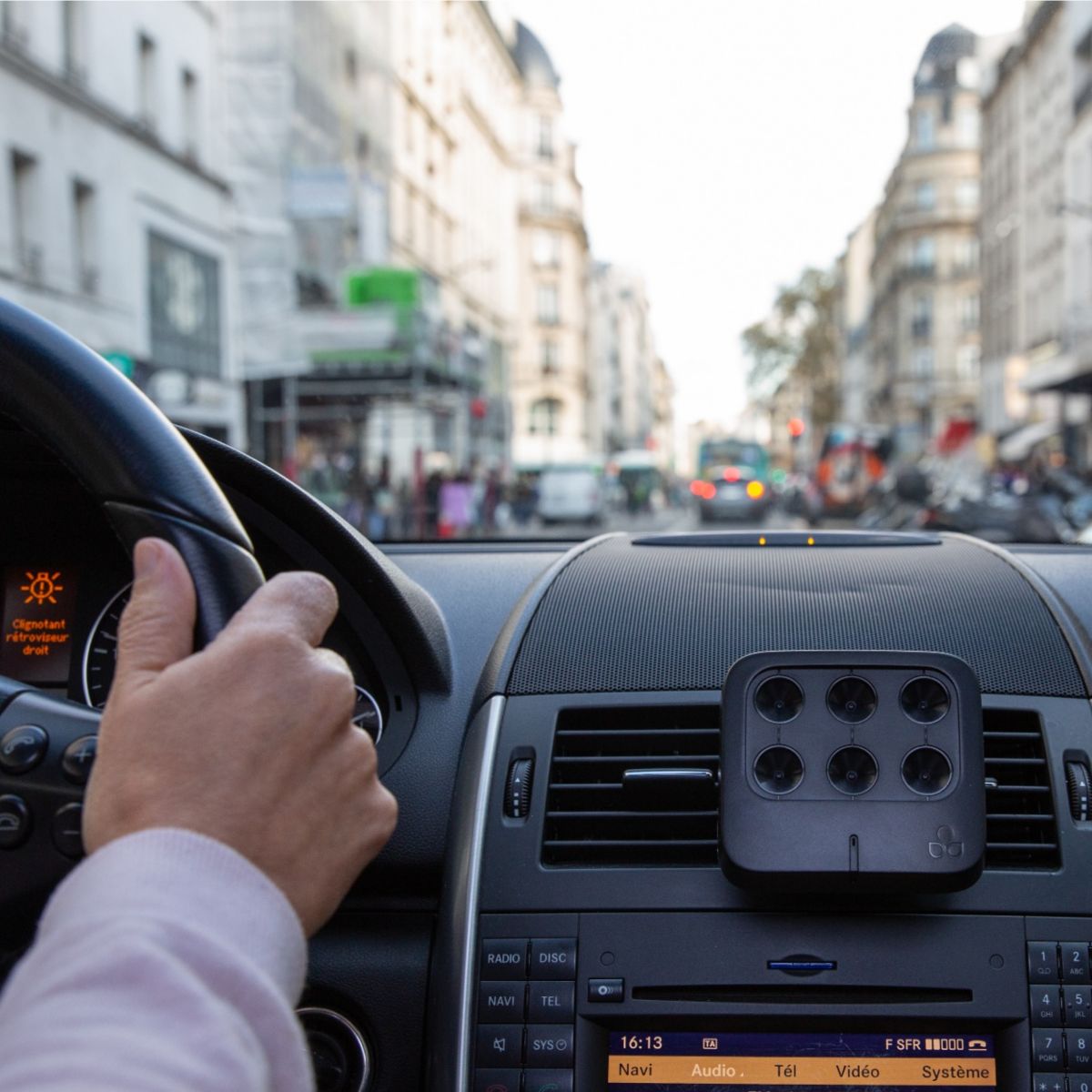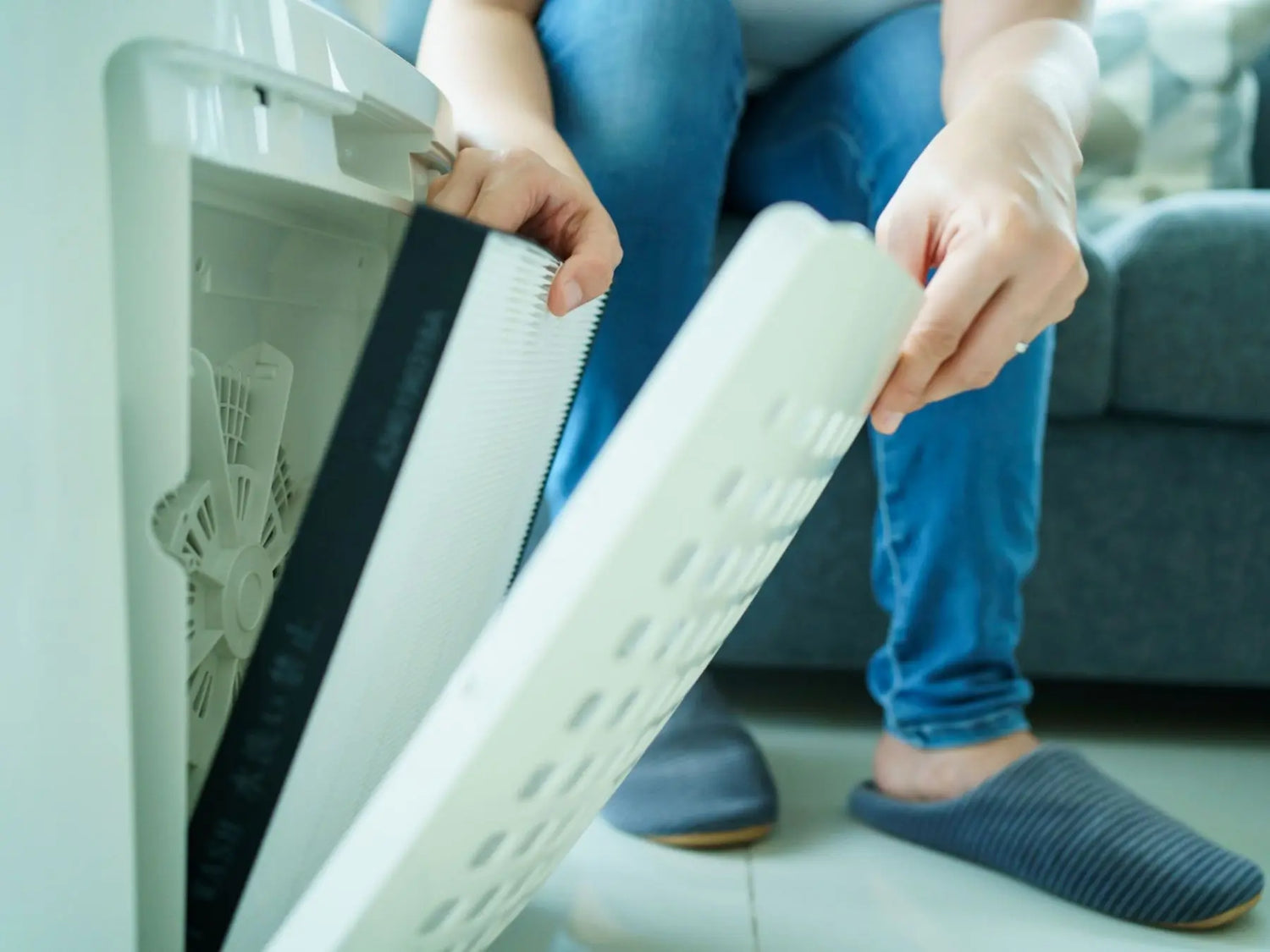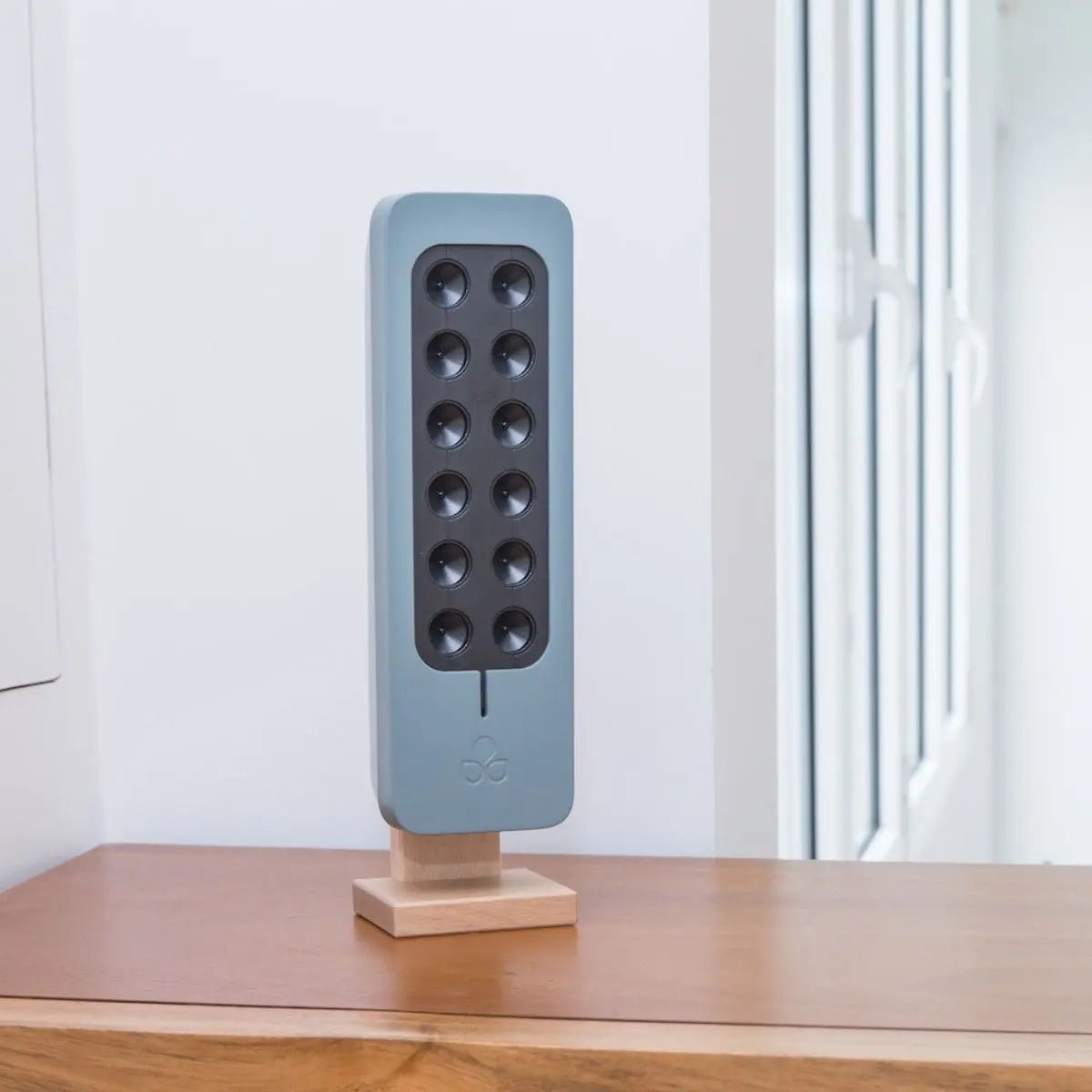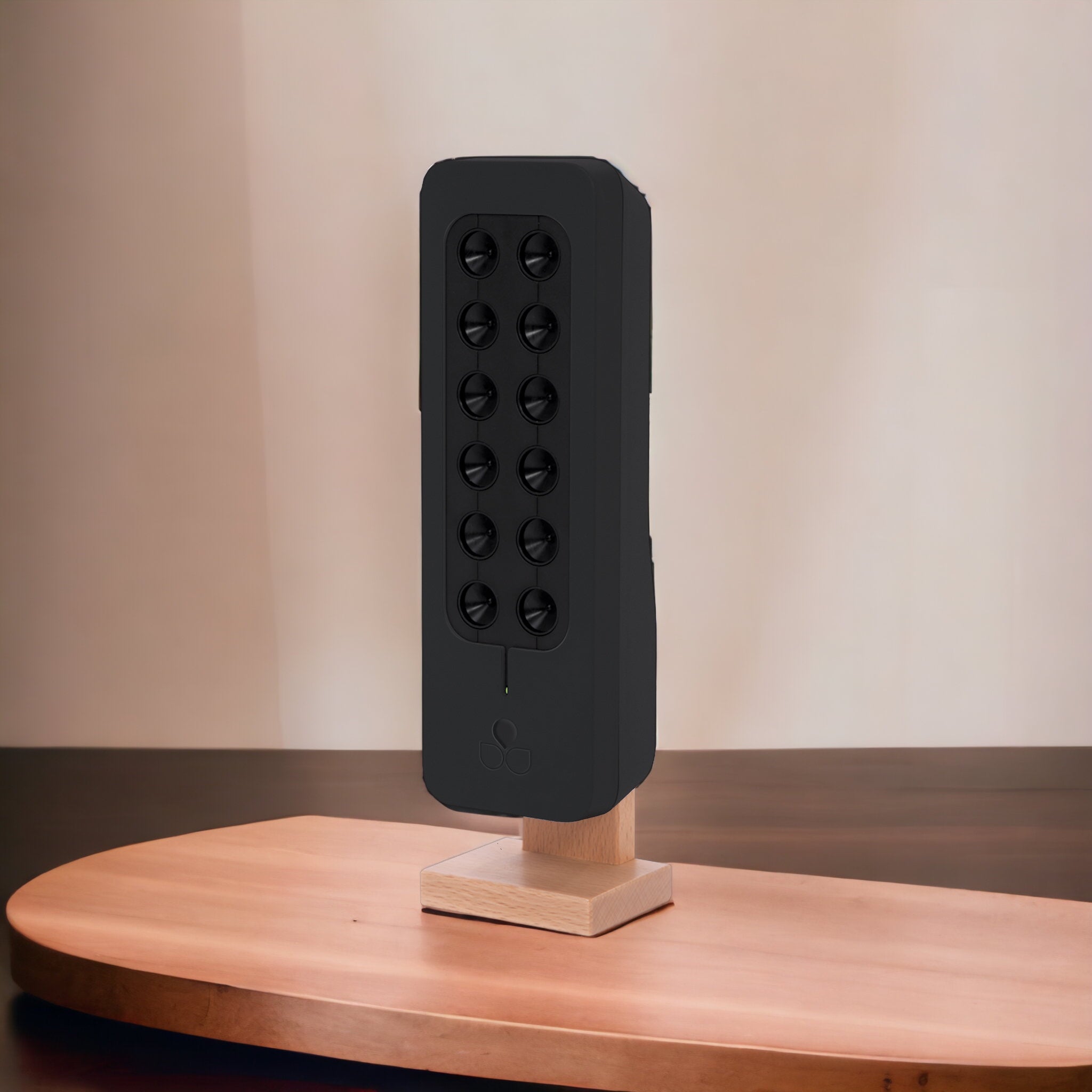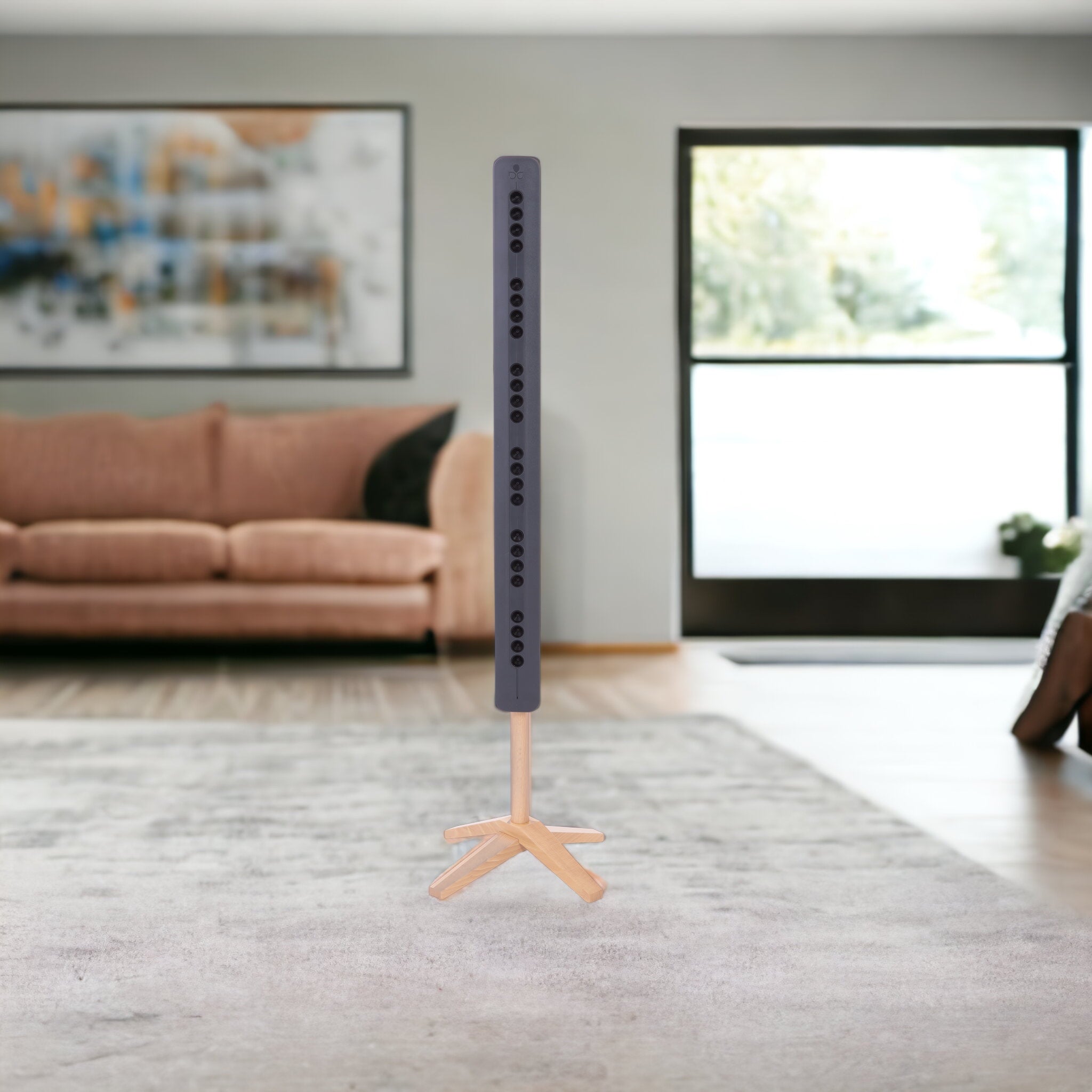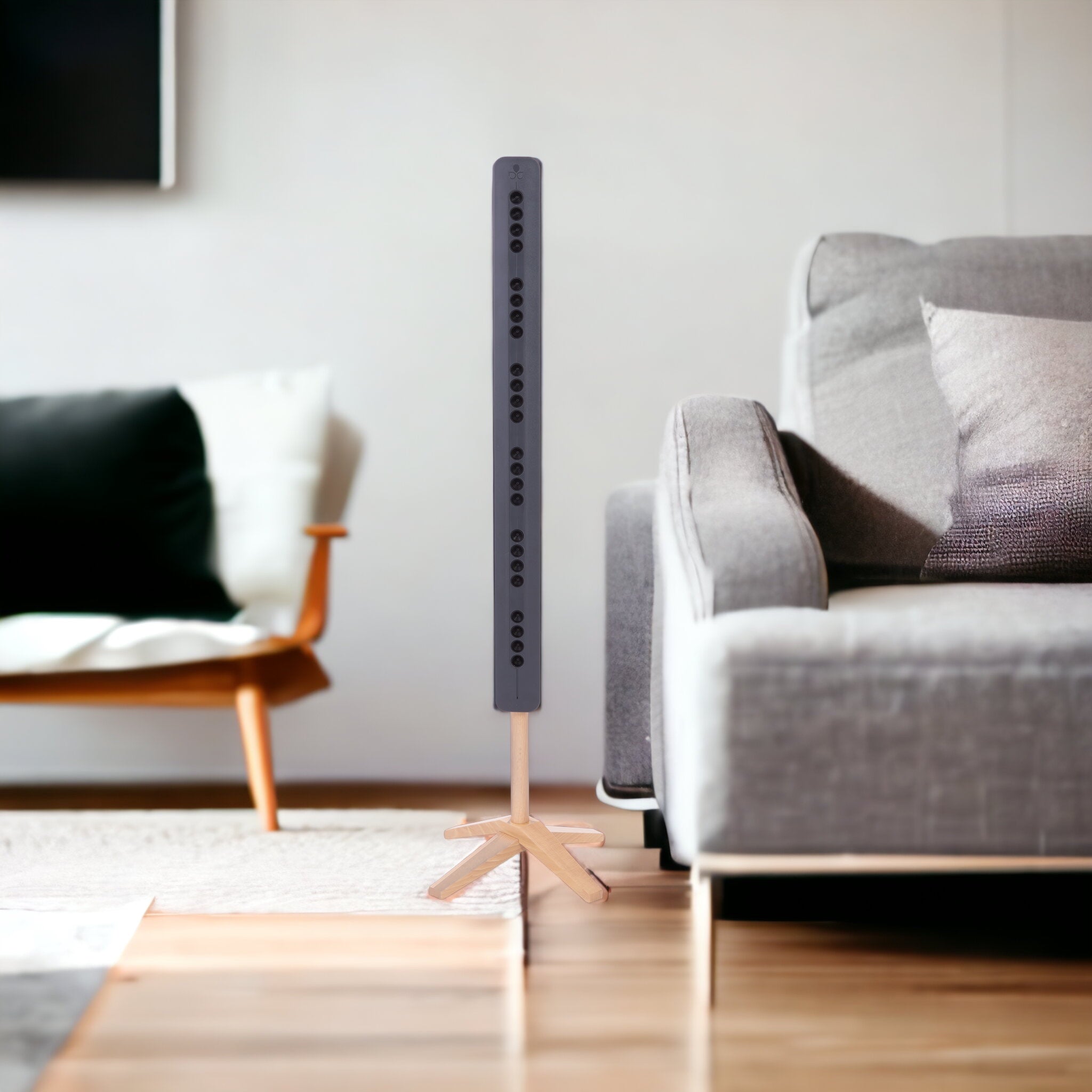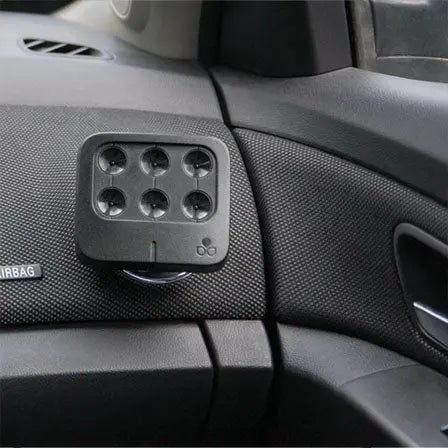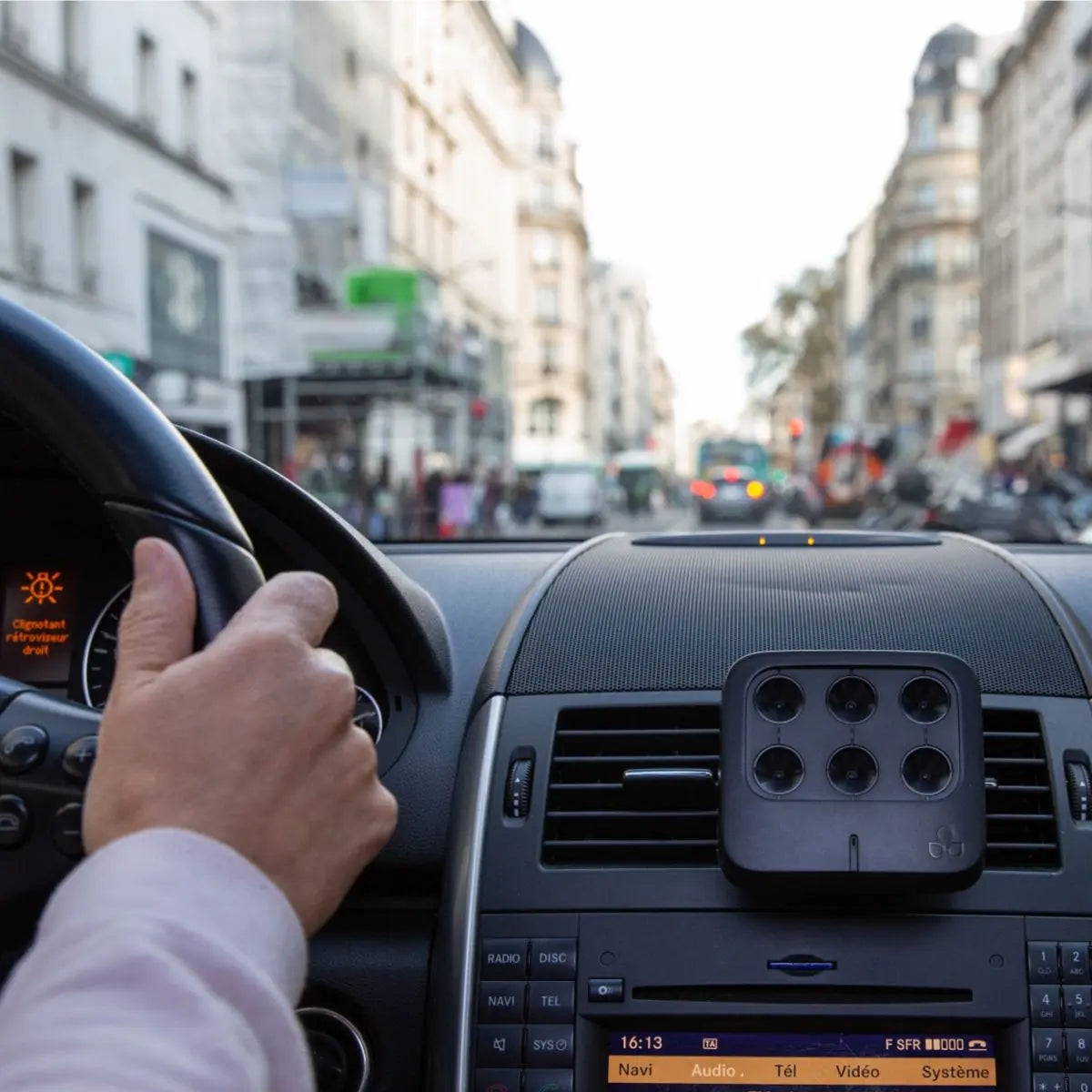Understanding Air Purifiers with HEPA Filters
Air purifiers equipped with HEPA filters are designed to eliminate air pollution in both domestic and professional settings. The core component of these devices is the HEPA filter, but it's typically accompanied by a pre-filter to prevent it from getting clogged prematurely.
Manufacturers often incorporate various filter technologies to enhance efficiency and appeal to customers, resulting in an air purifier that features several filters through which the air flow passes successively. The most common stages of filtration include:
- Pre-filter: This captures dust particles larger than ten or even one hundred microns.
- HEPA filter: Standing for High-Efficiency Particulate Air, this filter can theoretically eliminate at least 99.95% of fine particles.
- Active charcoal filter: This captures gaseous pollutants like volatile organic compounds (VOCs) and unpleasant odors.
- Ultraviolet-C lamps: These reduce airborne pathogens such as bacteria, mold, and fungi.
- Electrostatic filter: This effectively eliminates suspended pollen, dust, and smoke, regardless of size.
- Ionizer: This accelerates the elimination of all particulate pollutants.
The Meaning of "HEPA" in Marketing
The term "HEPA" is frequently used in marketing as a guarantee of efficiency. This label is highly regulated and is awarded to filters that meet stringent filtration criteria defined in the EN 1822 standard. This standard primarily measures the MPPS ("most penetrating particulate size") and ensures a high filtration rate across the entire filter.
There are two levels of HEPA filtration, H13 and H14, which offer overall filtration levels of 99.95% and 99.995% respectively. However, these tests are performed on new filters, which can lead to discrepancies in real-world performance.
Factors Limiting the Effectiveness of Air Purifiers with HEPA Filters
Several factors can limit the effectiveness of air purifiers with HEPA filters in real-world conditions. These include:
- Leaks: In practice, the efficiency rate of an air purifier is often lower due to leaks between the filter and its housing, and between the housing and the air purifier itself.
- Air velocity: The efficiency of the filter can decrease if the device allows for higher speeds, and the filtration rate often decreases.
- Temperature and humidity: These variables can also impact the filter's performance.
- Electrostatic treatment: Some HEPA filters use an electrostatic treatment that disappears after a few hours or days of use, leading to a significant drop in filtration rate over time.
- Clogging: The efficiency of an air purifier with a HEPA filter decreases rapidly over time due to clogging. As captured particles block the gaps between the HEPA filter fibers, the passage of air is increasingly restricted, leading to a significant decrease in the device's efficiency.
Potential Drawbacks of Air Purifiers with HEPA Filters
While HEPA filters are effective, they have their downsides. They require demanding and costly maintenance to remain effective over time. For instance:
- The pre-filter usually needs to be cleaned every 3 to 4 weeks.
- The HEPA filter, which is usually expensive, needs to be replaced at least once a year.
- It's often recommended to replace it every 3 to 6 months.
Moreover, air purifiers with HEPA filters consume a significant amount of energy due to the resistance caused by the filters. The annual electricity consumption can reach several hundred kWh per year, depending on the usage of the device.
Alternatives to HEPA Filters
Despite their drawbacks, HEPA filters are currently the most efficient filters available on the market. However, some manufacturers offer eco-friendly devices with similar levels of effectiveness. For example, TEQOYA's air purifiers use ionizers and e-filters that can improve indoor air quality and eliminate dust mites and other allergens.
Conclusion
Air purifiers with HEPA filters can be an effective solution for improving indoor air quality. However, their effectiveness can be limited by various factors, and they require regular and often costly maintenance. Therefore, it's important to carefully consider these factors before deciding to invest in an air purifier with a HEPA filter.

